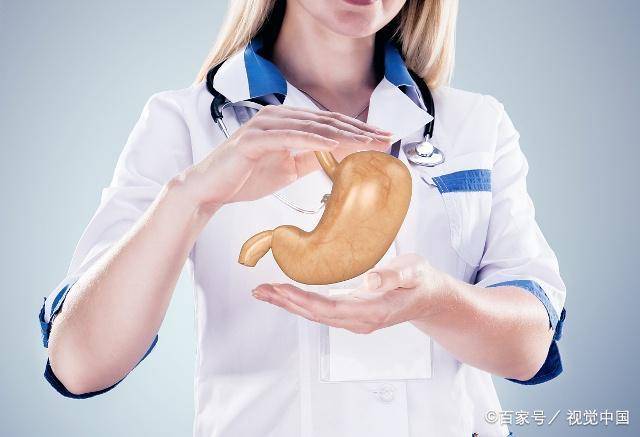With the continuous development and progress of society, people’s pace of life is getting faster and this often leads to irregular lifestyles, with many unable to consume three meals a day on time and in proper quantity, gradually increasing the burden on the digestive system, thus increasing the likelihood of developing stomach-related illnesses.
In fact, China is considered a “stomach disease nation,” where both the elderly and children are more or less prone to stomach illnesses. Many easily develop gastritis, often related to Helicobacter pylori infection. This bacterium parasitizes the stomach mucosa, damaging its health, thereby increasing the risk of gastritis.
When suffering from stomach diseases, the best approach is “three parts treatment, seven parts nourishment.” Alleviating gastritis through diet is beneficial in eradicating Helicobacter pylori and protecting stomach health. Wondering what to do when you have gastritis? Regularly consume these stomach-nurturing “helpers” to inhibit H. pylori.
Don’t worry about gastritis; consuming the “6 treasures” helps in mucosa repair, directing H. pylori away.
Rose Tea: A favorite among women, rose tea not only enhances beauty but also warms the stomach and invigorates the spleen. It aids in spleen health, blood circulation, warming the stomach, dissipating stasis, serving as a protector of the digestive system.
People with gastritis often have colder stomachs, consuming rose tea can effectively help protect the damaged mucosa, soothe emotions, and control H. pylori, suitable for individuals with chronic gastritis.
Pumpkin: A commonly found ingredient rich in nutrients. Including pumpkin in the diet of individuals with chronic gastritis helps maintain gut health and efficiently suppress H. pylori.
Pumpkin contains abundant collagen, effectively adsorbing toxins and debris from the stomach walls, aiding in their timely removal from the body, facilitating the formation of a protective membrane in the stomach, repairing the mucosa, enhancing gastric motility, accelerating gastric ulcer healing, and deterring H. pylori invasion.
Clove Tea: With a rich tea culture in China, many enjoy tea on a regular basis, which, if chosen wisely, can support stomach health and protection.
Clove tea, commonly consumed and possessing excellent stomach-nourishing and antibacterial properties, is rich in eugenol and clove oil. It can inhibit H. pylori, help repair damaged mucosa, and promote stomach function, making it a valuable protector of the digestive system.
Millet Peanut Congee: Both millet and peanuts are excellent stomach-nurturing ingredients. Combining them for consumption as congee daily can gradually enhance stomach function.
Consistently consuming a bowl of millet peanut congee each day aids in mucosa repair, relieves gastric acid imbalances, promotes digestive and absorption functions, without increasing the burden on the gut. Over time, H. pylori will divert its course.
Black Glutinous Tea: Highly nutritious, black glutinous tea assists in mucosa repair, earning it the title of a natural remedy for stomach illnesses. It promotes intestinal motility, enhances gastric health, eradicates toxins and waste, alleviating gut stress.
Consuming a cup of black glutinous tea daily effectively safeguards intestinal health, repairing damaged mucosa, and inhibiting H. pylori activity.
Jasmine Tea: With chronic gastritis, indicating H. pylori invasion, careful conditioning is crucial to maintaining stomach health.
When H. pylori is present, often accompanied by bad breath, consistently drinking jasmine tea helps in bacteria elimination, mucosa repair, alleviation of gastritis, ulcers, freshening breath, and diverting H. pylori.
To safeguard gut function, it is essential to monitor dietary and lifestyle habits, avoiding excessively spicy, oily foods which can exacerbate gut strain and increase the risk of gastritis.
Related Link: Tending to the stomach: 3 parts treatment, 7 parts nourishment. Regular intake of these items helps in mucosa repair, earning a “thank you” from your stomach!


